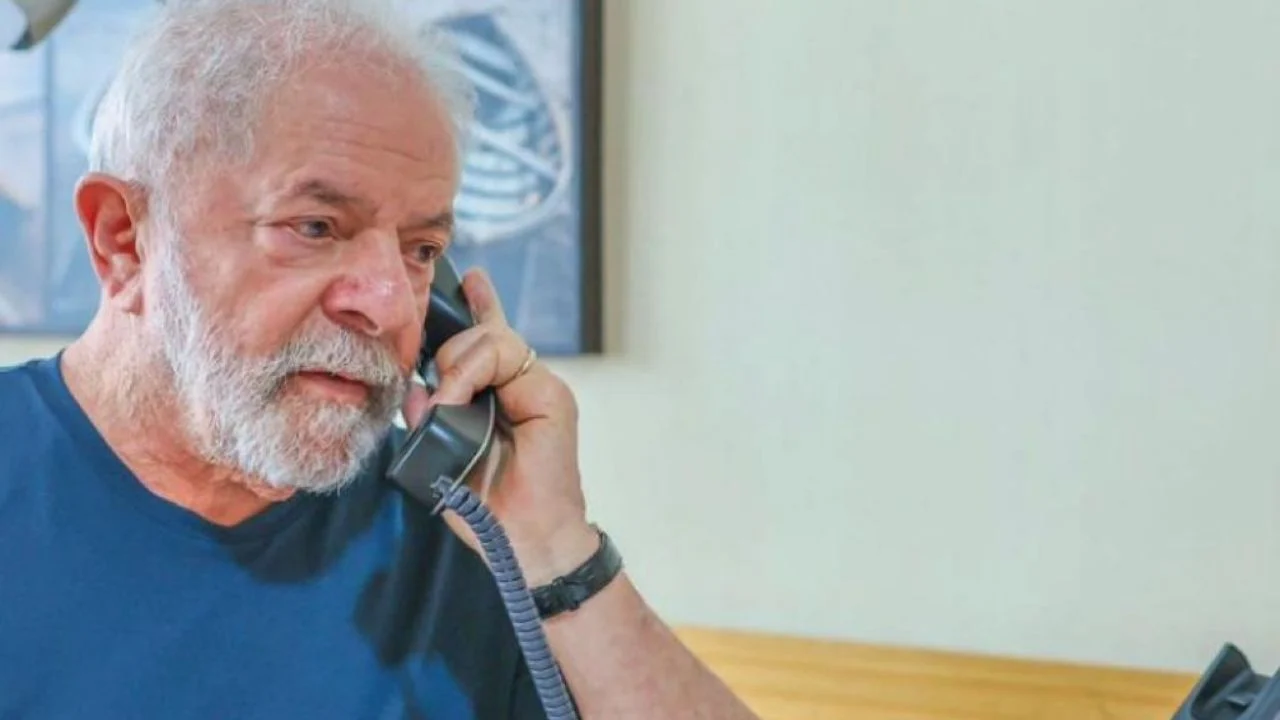Brazil faces a complex decision about inviting Russian President Vladimir Putin to the 2024 G20 summit.
Foreign Minister Mauro Vieira recently confirmed this intent despite an international arrest warrant against Putin.
The International Criminal Court (ICC) issued this warrant for alleged war crimes in Ukraine. This situation puts Brazil at the center of a global debate.
The ICC’s warrant reflects a commitment to justice and human rights. It charges Putin with the forced deportation of Ukrainian children.
This serious allegation has drawn international attention. Yet, while acknowledging its obligations as an ICC member, Brazil shows willingness to host Putin.
President Lula da Silva has highlighted the autonomy of judicial decisions. He also pointed out the country’s legal responsibilities.
The world watches as Brazil navigates this dilemma. Other G20 members and human rights groups have expressed various opinions.

Some urge adherence to international law, while others emphasize diplomatic relations.
The Russian government dismisses the ICC’s jurisdiction, citing its non-signatory status. This stance adds another layer to the debate.
Brazil’s role as an ICC signatory complicates matters. Theoretically, it should enforce the court’s orders, which may include arresting Putin if he attends.
However, the diplomatic fallout of such an action could be significant. Brazil must weigh its international obligations against potential repercussions.
As Brazil deliberates, the global community awaits its decision. The outcome will affect not only Brazil’s diplomatic relations but also international law enforcement.
This scenario underscores the challenges nations face when international law intersects with geopolitics.
The world looks on, hoping for a resolution that respects both justice and diplomatic relations.

